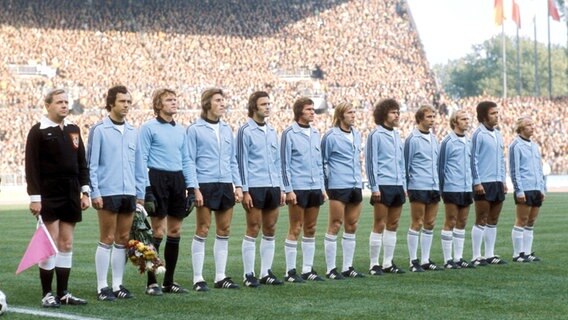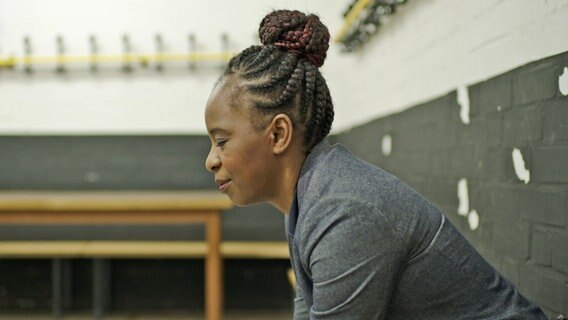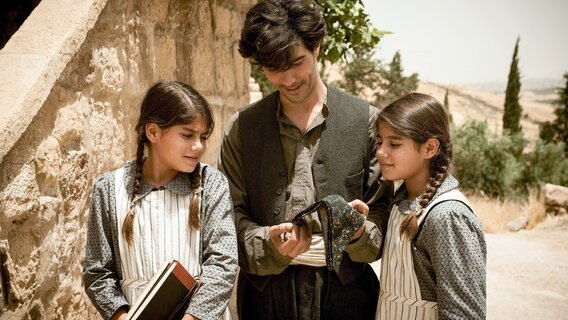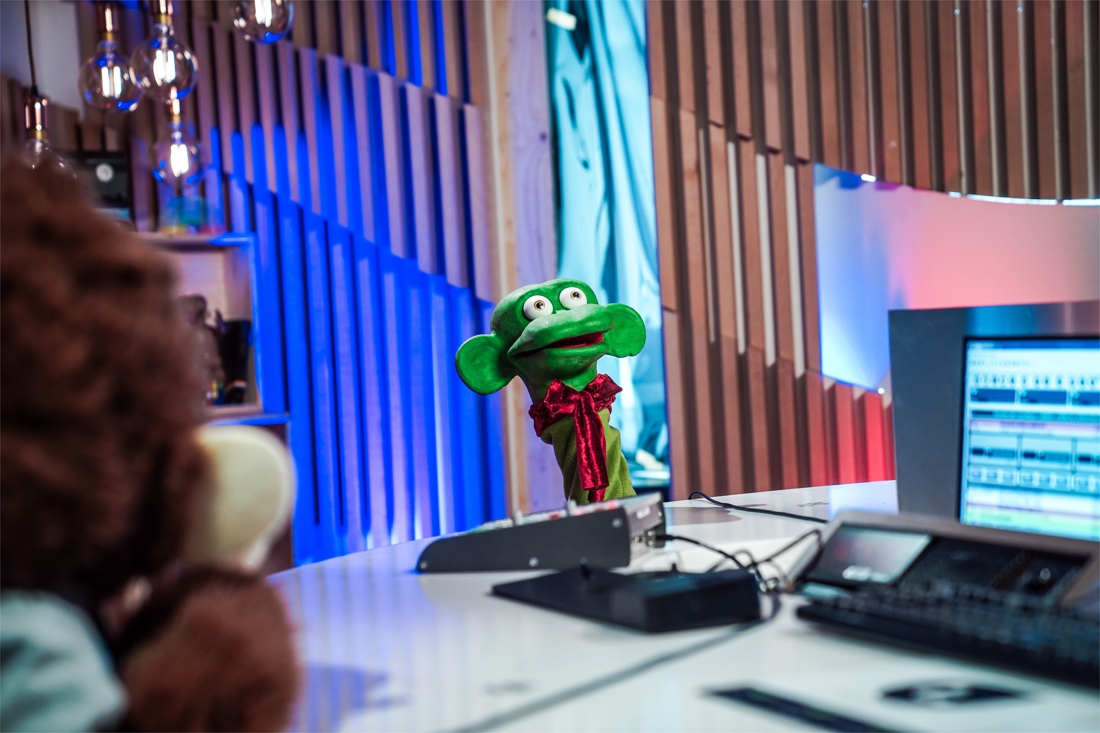Status: 04/15/2021 10:54 a.m.
In the documentary “Black Eagles”, Afro-German football professionals such as Erwin Kostedde, Gerald Asamoah and Shary Reeves talk about their experiences of wearing the German national jersey. From April 15 on Amazon Prime and June 18 on ZDF.
–
Listen to the post
4 Min–
White jersey with a black eagle on the chest – for a long time one recognized the German national soccer team. This shirt was rarely worn on black skin before the turn of the millennium. For the first time in 1974 by Erwin Kostedde. He and 13 other Afro-German soccer players now tell how it felt to be proud to wear the national jersey for Germany – and yet not really belong to it. “Black Eagle” is the name of the documentary by Torsten Körner, which will initially be shown on Amazon Prime and soon also on ZDF.
Jean-Manuel Mbom on his standing as an Afro-German footballer
Perhaps, to do justice to this film, one should start with the hopeful ending: Jean-Manuel Mbom, a young Werder Bremen professional and youth national player, is very reflective about his standing as an Afro-German footballer today and thus stands for social change, which is impressively reflected in the history of football. That is exactly what makes “Schwarze Adler” so captivating and interesting. “I think we’ve come a long way. My life is very different from the life of a black person in the past.” Mbom was born in Göttingen in 2000 – the mother German, the father from Cameroon – but that means he is no longer an “exotic” one like Erwin Kostedde was once.
Erwin Kostedde – black national player in the Beckenbauer team
 –
–
Erwin Kostedde played together with Franz Beckenbauer in the national team in the 1970s – here in 1975 in the game against Greece.
–
What the first black national player, 1974 in the Beckenbauer team, has to tell is so much sadder. For the child born in 1946 to a German and an African American soldier, skin color is still a stigma. The boy did not fit into “Persil-white” Germany so shortly after the Nazi era. “I also used curd soap and washed and washed for three or four hours. That my skin was peeling off, kind of and stuff, but I didn’t get whiter.” Kostedde only plays three times for the national team. The pressure is too great, which reduces its performance.
Monkey noises in the stadium: Society listened for a long time
There are sometimes harrowing stories that are portrayed in the film by football idols like Steffi Jones or Gerald Asamoah. Anthony Baffoe, a player at Fortuna Düsseldorf at the end of the 80s, describes how it feels when racist chants or monkey sounds ring out from the stands: “I can still remember when we played in the DFB Cup in Plattling, there I was then permanently insulted by the audience. I was also close to tears. Then I drove home and thought for a long time, ‘what’s all this shit about?’ Why over and over again? “
 –
–
The former national professional Gerald Asamoah also has a say in the film.
–
What is painful about it is not only what happened to players like Baffoe, but also what that says about white majority society. Everyone who was often in a Bundesliga stadium in the 80s and 90s heard the monkey noises – and usually didn’t give it much thought. An ignorance that one only now becomes aware of in the course of the identity debate.
Director Torsten Körner questions his own thought patterns
When preparing the film, director Torsten Körner also questioned his own “white” thought patterns. “Of course, I was dealing with my white identity when I started the film.” But he hadn’t asked himself whether he could do it because he was a white person. “There is a lot of bondage in me. Our society, a complex society, lives on the one hand from freedom, but above all from the attempt to understand others, that is from empathy.”
Archive recordings that speak volumes
In his film, Körner lets the black players speak for themselves: “It is very important that we try to understand other biographies. And that we try to empathize with others.” However, the director supplements the reports with archive footage that speaks volumes. A reporter in the 1950s asked white mothers of black German children in all seriousness whether it might not be more sensible to give them up for adoption. In the current sports studio, the former HSV professional Jimmy Hartwig formulates his accusations of racism against the DFB and national coach Jupp Derwall in a refreshingly direct way: “I have been recognized as one of the best midfielders in Europe and have not played a national team. Now I ask you: ‘ What is that about? ‘ Should I have colored my hair? Should I have put in contact lenses? “
“Black Eagles”: Amusing, touching, eye-opening film
 –
–
Former Bundesliga player Shary Reeves explains how tiring many of the experiences are.
–
This film is sometimes amusing, sometimes touching, always eye-opening. And sometimes you just want to just cry along. “What a lot of people should understand slowly, what is important to me to say: It also makes you very, very tired,” says the former Bundesliga player Shary Reeves when she suddenly starts to cry while talking. “Sorry. I just have to calm down a bit. I love this country, but sometimes I think …”
The history of black soccer players in this country is a struggle for belonging. Often, unfortunately, still today. And because their experiences are so exemplary, the documentary “Black Eagles” is by no means just a film for football fans.
additional Information




